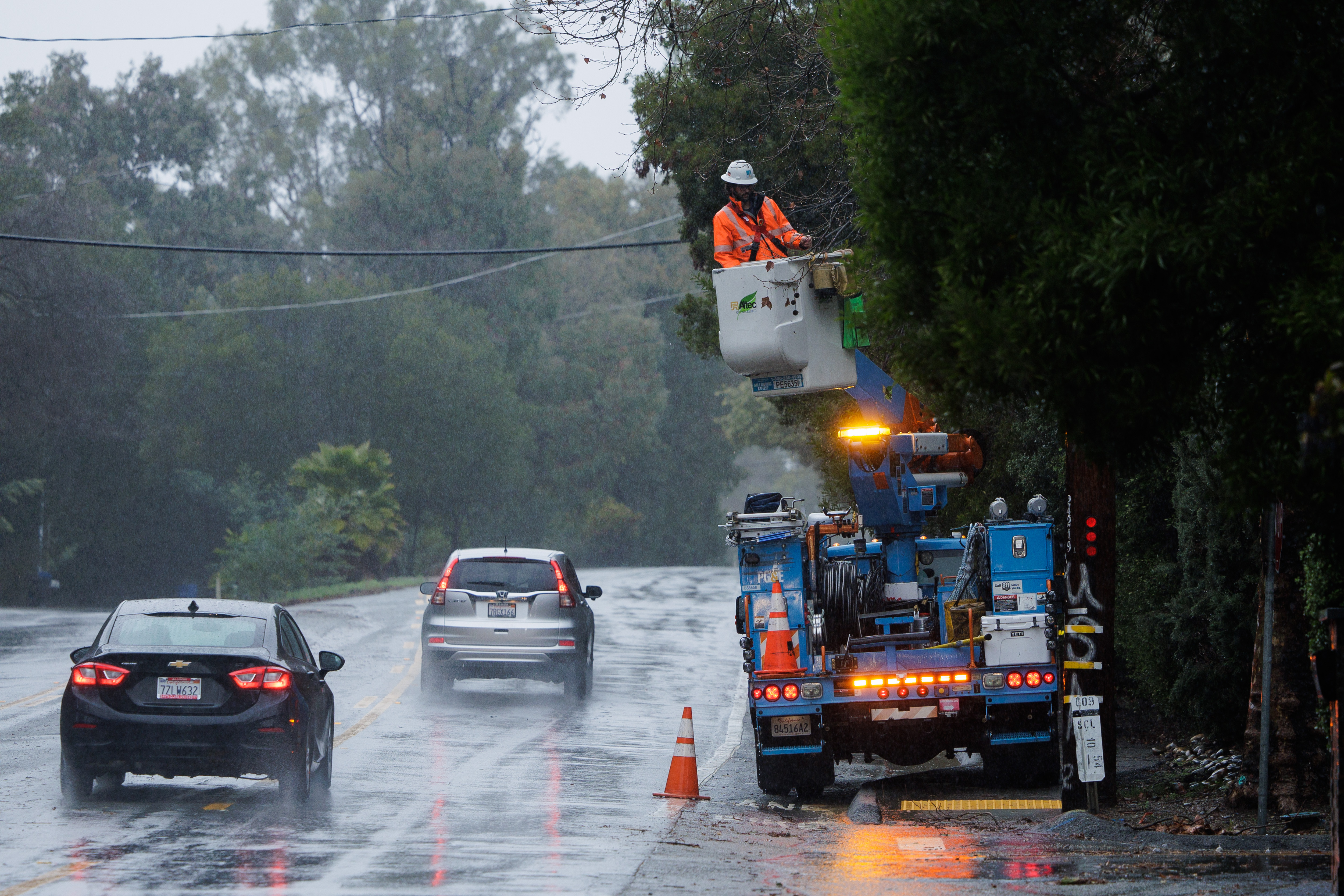The city of Oakland and the Oakland Police Department launched a new automated answering system for OPD’s non-emergency line in February, aimed at improving long wait times for callers. The city’s non-emergency line is crucial to preventing additional backlog in Oakland’s already struggling 911 system.
WATCH: ‘I don't dial 911 anymore': Oakland's worsening 911 crisis
The move comes after an NBC Bay Area investigation in October reporting serious issues with the city’s non-emergency calling system. The Investigative Unit spoke to Oakland resident Keisha Henderson who said she called 911 after witnessing a near shootout, and when she couldn’t get through, she called the non-emergency number and got a busy signal four times.
Henderson’s phone log shows, in a separate incident the day before, she called Oakland’s non-emergency number to report a suspicious person in front of her home wearing a ski mask.
“I was on hold for like an hour and 30 [minutes],” she said in an interview with Investigative Reporter Candice Nguyen last fall.
WATCH: ‘I was blocked': On top of 911 issues, Oakland non-emergency line leaves callers hanging
Oakland’s new auto attendant system is for non-emergency police calls. Now, when dialing OPD’s non-emergency number (510) 777-3333, callers will connect with an automated answering system that will first ask them to select their preferred language. Then the caller will be offered four options to address specific needs:
Option 1: Direct connection to Oak311 for issues concerning abandoned vehicles and encampments.
Option 2: Connection with the Records Division, providing information on police reports, towed vehicles or recovered stolen vehicles.
Get a weekly recap of the latest San Francisco Bay Area housing news. >Sign up for NBC Bay Area’s Housing Deconstructed newsletter.
Option 3: Connection to the Traffic Division for help with collision reports.
Option 4: Connection to Animal Control.
These options would not have helped either of Henderson’s issues. In those situations, callers are encouraged to stay on the line. The total duration of the recording before transferring callers to the non-emergency queue is about two and half minutes, the city said in a recent news release.
“This initiative reflects the City of Oakland and OPD’s dedication to improving communication and ensuring efficient access to essential services,” the statement read. “The move comes in response to the escalating demand for streamlined communication, particularly after managing more than 430,000 calls to OPD’s non-emergency number in 2023, nearly 34% of all called handled by OPD’s communications division.”
The city’s non-emergency calling system is far from the only problem with the city's communication dispatch center. Since the summer, the Investigative Unit has released numerous investigations on the city’s dangerously long 911 times, concern of a lack of oversight and new dispatch technology that the city purchased with taxpayer dollars but failed to actually install for years.
WATCH: Oakland mayor announces $2.5M investment into city's 911 system
In a recent email, Oakland mayor’s spokesman said, “Over the last several months the City expedited an updated contract with Motorola to upgrade and modernize the computer-assisted dispatch (CAD) system that City of Oakland 911 call takers use to turn an emergency caller’s information into a dispatch order to first responder staff.”
According to the California Office of Emergency Services, Oakland has until July 26, 2024 to improve its 911 answering times or risk losing state funding - and possibly its 911 center. In a recent interview with Oakland Mayor Sheng Thao, NBC Bay Area Investigative Reporter Candice Nguyen asked whether Oakland was going to make this deadline. The Mayor said, “That’s to be seen…We’re going to continue to do that work. I think that it’s incredibly important that 911 dispatch is a local issue.”
Catch up on all the Investigative Unit’s 911 reporting here: www.nbcbayarea.com/911



